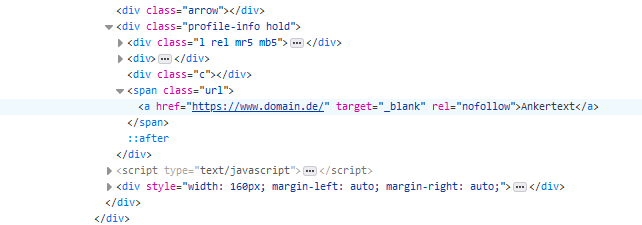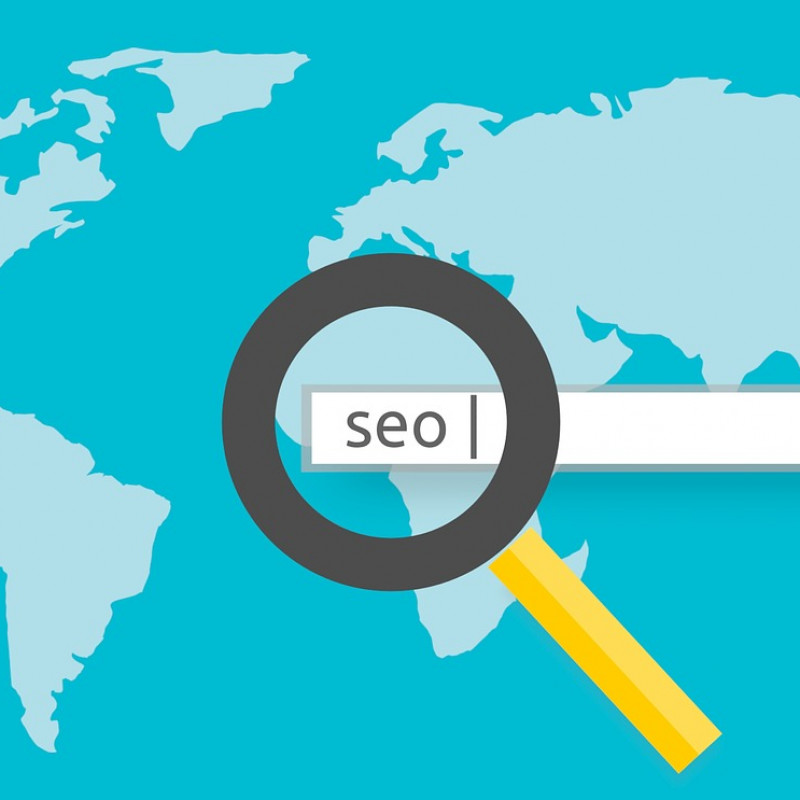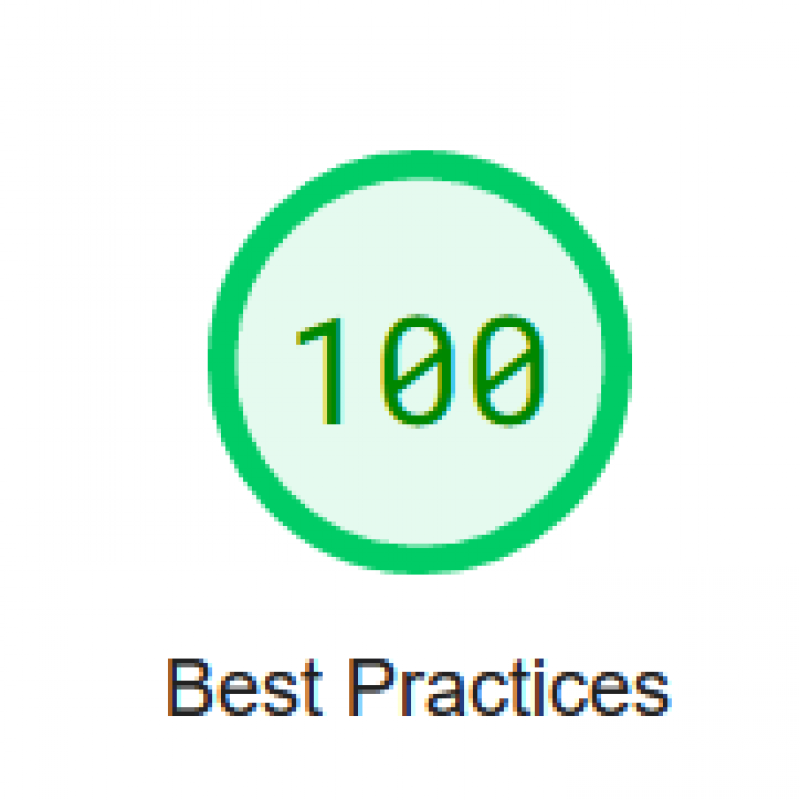A question frequently asked in the world of Search Engine Optimization (SEO) revolves around the impact of nofollow links on rankings in search results. Backlinks represent one of the most crucial ranking factors, and as such, nofollow links can influence a website's SEO performance. It's important to understand that nofollow links are recognized by Google and other search engines.

The effects of nofollow links on search engine rankings and a website's SEO performance are a commonly discussed topic in the world of SEO. To comprehensively answer this question, let's consider expert opinions and refer to sources within the SEO industry.
According to Google's official guidelines, nofollow links carry less weight than do-follow links. Google uses the nofollow tag as an instruction not to consider the link for evaluating a page's ranking potential. This means that nofollow links do not directly impact a website's ranking in search results. This assessment was confirmed by Gary Illyes, a Webmaster Trends Analyst at Google. He stated in a tweet that nofollow links are not used for calculating PageRank.
Source:
Gary Illyes on Twitter: https://twitter.com/methode/status/684382245569626112
However, nofollow links can still provide indirect benefits to a website. A study by Moz, a well-known company in the field of search engine optimization, found that nofollow links can have a positive correlation with higher organic visibility for a website. Although nofollow links are not a ranking signal, they can contribute to a website being better perceived by search engines and potentially appearing more frequently in search results.
Source:
Moz - The Case for Nofollow Links in SEO: https://moz.com/ugc/the-case-for-nofollow-links-in-seo
Another advantage of nofollow links lies in their ability to increase website traffic and build relationships with other websites. When a website receives nofollow links from other high-quality websites, it can lead to increased visibility and attention. These nofollow links serve as recommendations and can help users become aware of and visit the linked website. Building relationships with other websites can potentially lead to long-term collaboration opportunities, such as gaining do-follow links or engaging in joint marketing efforts.
Source:
Search Engine Journal - Nofollow Links: Are They Still Valuable for SEO in 2021?: https://www.searchenginejournal.com/nofollow-links-seo/410978/
It's important to note that over time, Google has made changes to how it treats nofollow links. In September 2019, Google announced that it would expand the nofollow tag to provide additional hints for search engines. Alongside the nofollow attribute, Google introduced two additional attributes: "sponsored" (for sponsored content) and "ugc" (for user-generated content). These new attributes are intended to help Google better understand the context of links and recognize the nature of the connection between linking and linked websites.
Source:
Google Webmaster Central Blog - Evolving "nofollow" – new ways to identify the nature of links: https://webmasters.googleblog.com/2019/09/evolving-nofollow-new-ways-to-identify.html
In summary, it can be said that nofollow links do not directly impact a website's ranking. However, they can increase website traffic, enhance brand awareness, and establish relationships with other websites. Using nofollow links can be particularly useful for marking sponsored content, advertisements, or links to untrustworthy sources. A balanced link strategy that includes both nofollow and do-follow links is recommended to fully leverage the potential of search engine optimization.






